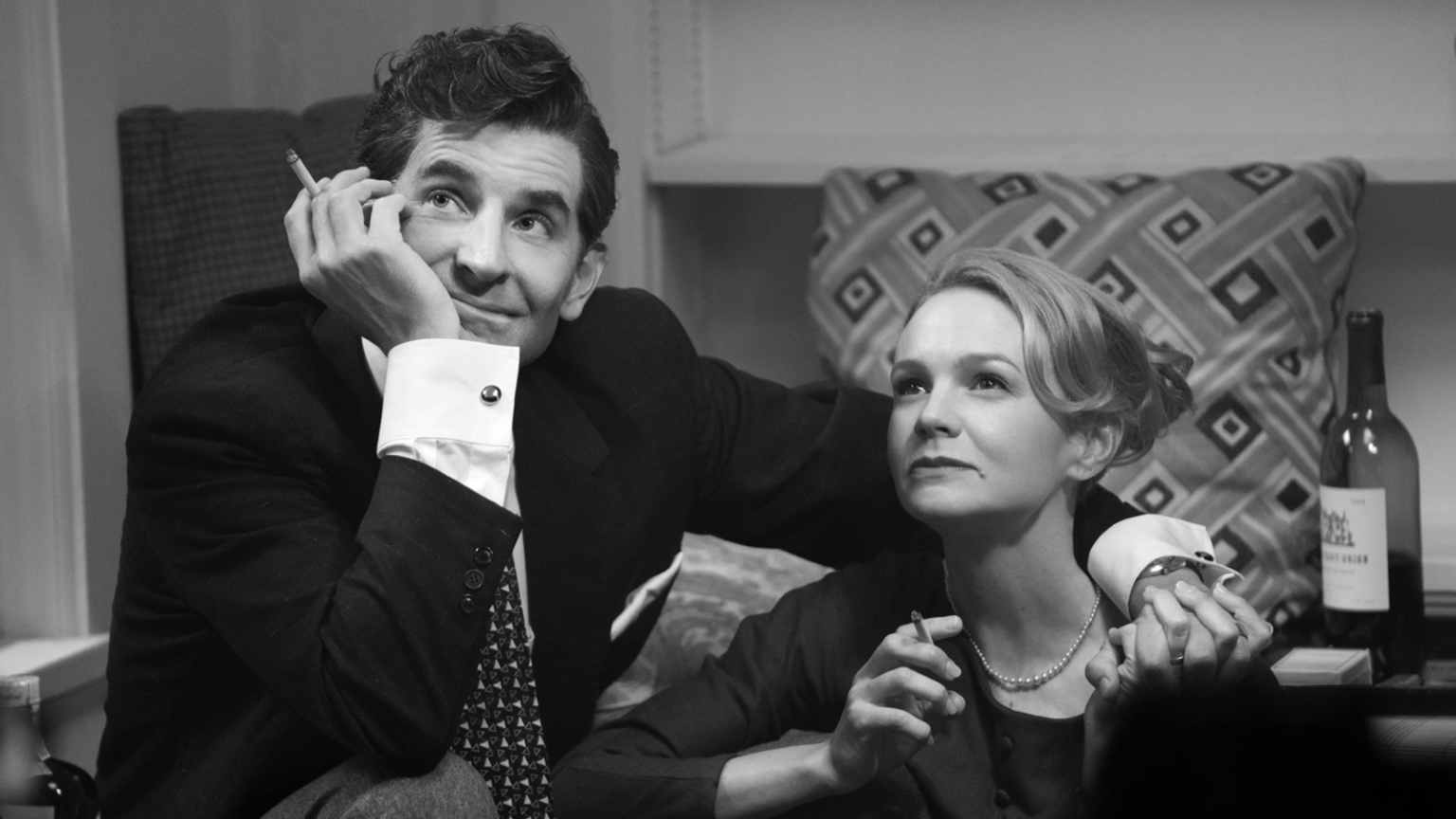To say that Maestro has become Hollywood leading man Bradley Cooper’s passion project over the past few years is surely an understatement. Being the star, producer, writer and director of this film’s elaborate storytelling of famed classical music composer Leonard Bernstein’s eccentric life, Maestro is a beautifully dramatic tale of love, loss and ultimately embracing the imperfections in-between.
On Sunday at the Los Angeles, California premiere of Maestro on the closing night of American Film Institute’s AFI FEST, Bernstein’s three children Jamie, Alexander and Nina spoke ahead of the screening inside of Hollywood’s historic TCL Chinese Theatre, as they expressed how “thrilled” they are to be able to share the story of their father, which will premiere in select theaters November 22 and streaming on Netflix December 20.
Cooper plays Bernstein throughout this just over two-hour spectacle with such commitment, from channeling the composer’s very distinct Boston accent to perfecting his rather theatrical mannerisms. Maestro’s story starts from his early years, striving to lead orchestras on the biggest stages possible, to his elderly years, when his lifetime of experience and knowledge made him a passionate music instructor for the next generation of aspiring composers. The creative filmmaking choice of black and white during his early years and the introduction of color later in life was not only a smart choice, but is one that transitions well, without any explanation needed.
With the help of a gifted makeup team (who could forget the news that circulated around Cooper’s choice to wear a prosthetic nose?) and his carefully calculated use of his facial and eye movements throughout the film, Cooper effectively does what most actors dream of doing, by fully transforming into Bernstein, physically and mentally, where the star power of Cooper is quickly forgotten by the viewer and you are taken on a extravagant journey alongside this free-spirited and gifted man.
As much as Cooper deserves every bit of praise for his tour de force performance as Bernstein, Carey Mulligan’s character and performance are indisputably the heart of this film. Playing esteemed stage actress and Bernstein’s wife Felicia Montealegre, Mulligan completely enchants the screen in every scene that she is in. Starting out as the chipper and wide-eyed young woman when first meeting Bernstein, to the lonely and understandably bitter spouse to a man filled with his own quiet desires and indiscretions, Mulligan proves time and time again that she is in fact one of the most captivating actors of our generation.
Even as exceptional as she is in delivering the great dialogue throughout Maestro, Mulligan shines the brightest when she is not speaking at all, allowing her face to portray the mood that Montealegre felt when questioning her marriage and her life’s overall trajectory during her later years.
As wonderful as Cooper and Mulligan are in leading this project on-screen, the talented ensemble cast enhances the world around Bernstein and Montealegre. Though a brief role, Matt Bomer has delightful and heartfelt scenes as musician David Oppenheim. Maya Hawke brings an emotional depth to her sometimes conflicted character as Bernstein’s daughter, Jamie. The most pleasant surprise in Maestro is the supporting performance by Sarah Silverman. Known best for her raunchy comedy ways, Silverman excels as Shirley, the relentlessly supportive sister of Bernstein, who strives to casually justify to Montealegre the ways of her brother.
Costume designer Mark Bridges plays a pivotal role in the storytelling of Maestro. Often times throughout the film, the colors worn by characters directly heighten the mood that the character is experiencing in a given moment. From light blues to stern blacks, especially on Mulligan, Bridges further enhances the somberness and the isolation that Montealegre so often feels.
Director Cooper and cinematographer Matthew Libatique are masterful in the way they move characters within particular scenes, seamlessly transitioning them from location to location. With the occasional use of fast-movement camera turns and the clever way that the camera follows Bernstein in his very first scene of Maestro as a young man, these visuals create a fast-paced energy, undoubtedly similar to the “high” of what it must be like to lead a full orchestra, live on-stage.
Also executive produced by cinematic titans Martin Scorsese and Steven Spielberg, Maestro plays out like a well-orchestrated song arrangement – catching our attention right out of the gate, softening the melody in-between for us to truly take in all of the beauty that surrounds us and rounding things out with a most dramatic and memorable finish.
Read the full article here





